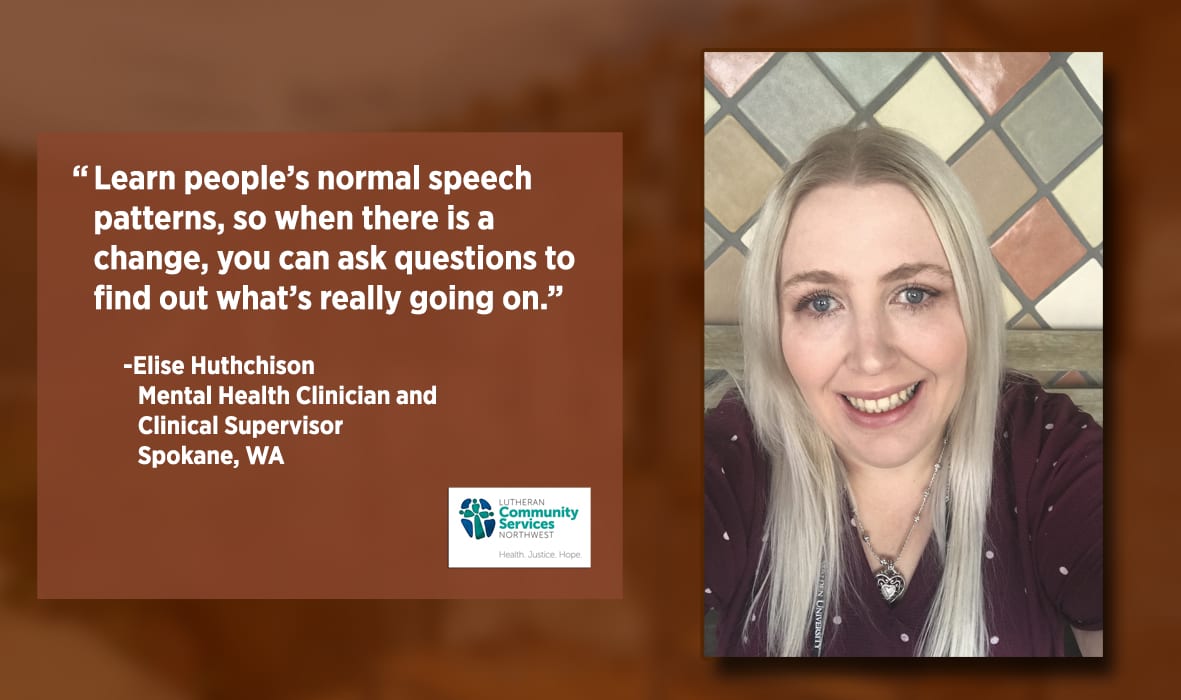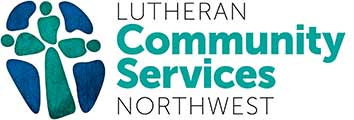Hone Your Listening Skills

We’re communicating differently during the COVID-19 crisis as we practice social distancing. Phone calls and FaceTime have replaced visiting people in person. We have to listen more closely now, because it’s more difficult to read body language when we communicate using technology.
Elise Hutchison relies on active listening skills to communicate and to do her job as a mental health clinician and clinical supervisor for Lutheran Community Services Northwest in Spokane. Elise is legally blind, and developed active listening skills as a young child to productively function in a predominantly visual-based society. She reads a minimal amount of body language when working as well as in her daily life activities.
We turned to Elise for active listening advice. She offers these three tips:
1) Listen for change in voice or a verbal shift. “Learn people’s normal speech patterns, so when there is a change, you can ask questions to find out what’s really going on,” Elise said. She warns speech patterns can be deceiving. People learn speech patterns from their environments. Unusual speech patterns can be learned from family members as part of their family culture, or it may be a specific cultural or geographical difference.
2) Listen for the silence. If your family member or friend is a chatty person, when there is a pause, that pause may be more meaningful than the 1,000 words that came before it. Try following up with an open-ended question. Your question could lead to a more open conversation.
3) Listen for what they’re not saying. An example is when you ask someone how their week is going, listen for answers such as “It was pretty much good.” That presents an opportunity to learn more. “I try to follow up with another question such as ‘what does pretty much good mean’?” Elise said. In addition to learning more, you make the person feel heard. People appreciate that, and it makes relationships better.
Elise is a Licensed Mental Health Clinician with a master’s degree in clinical psychology. She is a PhD candidate. Elise was featured with her guide dog, Marigold, in this story more than four years ago when she was starting her career as a therapist.

What a remarkable young lady. I learnrd a lot from the story.
A person like Elise is irreplaceable.